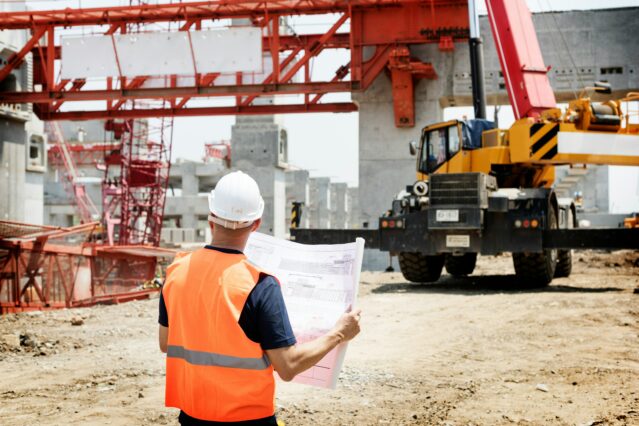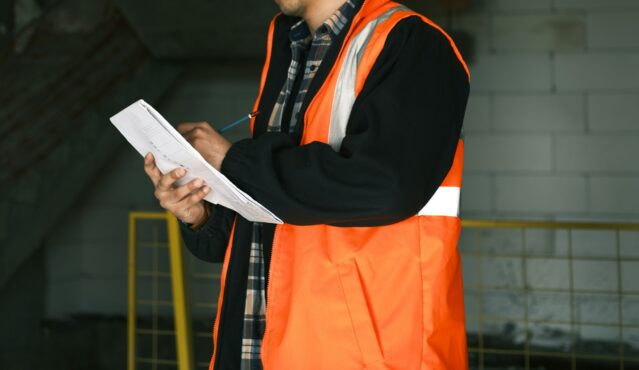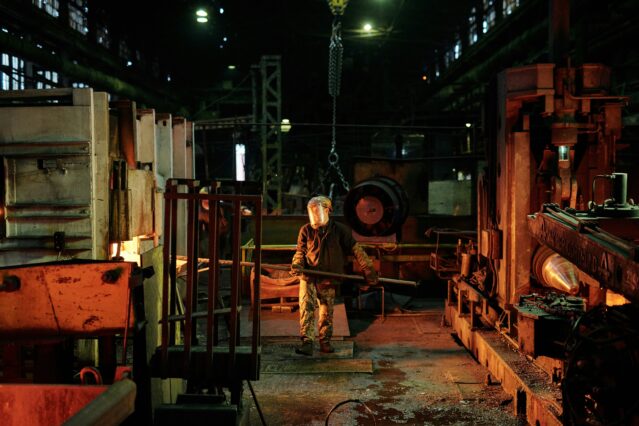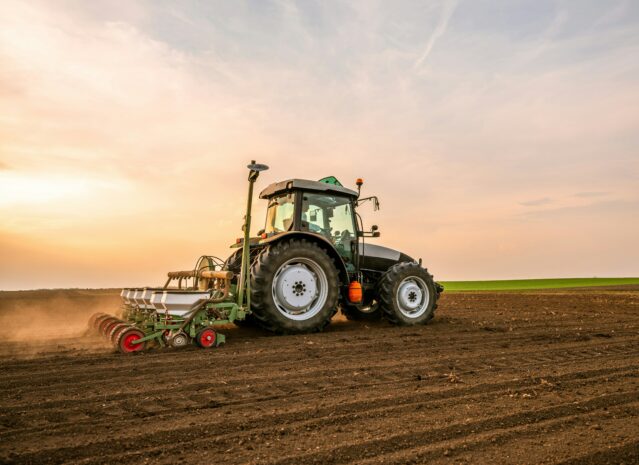
Aug 27, 2024
Why Bunded Fuel Tank Maintenance is Crucial to Your Operations
Bunded fuel tank maintenance is incredibly important. Without it, fuel leaks can pose considerable danger to life and the environment.
In December 2005, a tank being filled with petrol overflowed. No one realised this had occurred, as the tank’s two-level gauges failed. The tank’s bund retaining wall failed next, allowing petrol to leak out. A vapour cloud formed from the petrol, which ignited and caused five separate large explosions. The fire burnt for five days, and pollutants from the fuel got into the groundwater, resulting in around £10 million in fines, an almost entirely destroyed site, 40 people injured, and criminal charges.
A report by COMAH (Control of Major Accident Hazards) stated, ‘Failures of design and maintenance in both overfill protection systems and liquid containment systems were the technical causes of the initial explosion and the seepage of pollutants to the environment in its aftermath.’
While this catastrophic event occurred in a different operation to ours, it serves as a stark reminder of the importance of bunded tanks and regular maintenance. In this post, we’re going to explore bunded fuel tank maintenance and why it should be essential to your operations.
What is a bunded fuel tank?
Also known as a secondary containment system, a bunded fuel tank features additional protection against leaks and spills. The primary tank holds the fuel, and the secondary containment unit sits around it. If anything spills from the primary tank, it will be held within the secondary system to prevent it from entering the surrounding environment.
Bunded tanks typically involve two walls (the primary tank wall and the secondary tank wall), with the external containment holding around 110% of the primary tank’s capacity. Many modern bunded tanks feature a leak detection system to alert personnel to any problems that need immediate addressing.
Why bunded tank maintenance is crucial
Let’s talk about why secondary containment tank maintenance is so important.
Safety
As evidenced at the start of this post, not maintaining your bunded tank can lead to the damage or destruction of property, the environment, and life. It is imperative that you invest in quality secondary containment systems for your tanks to prevent any problems, minor or major, resulting from overflows and leaks.
Cost efficiency
With bunded tanks collecting fuel you may lose through overflowing, spills and leaks, you save yourself money. This is because of the damage leaked fuel can cause, resulting in repairs and fines. Capturing escaped fuel before it can cause damage saves costs before they can occur.
Compliance
There are many legal requirements for maintaining fuel tanks that must be complied with. This includes but is not limited to The Control of Pollution (Oil Storage) (England) Regulations 2001 and The Control of Major Accident Hazards (COMAH) Regulations 2015. It’s important to familiarise yourself with the laws surrounding bunded fuel tanks.
Environmental protection
Secondary containment systems work by capturing leaked fuel and preventing it from entering the environment. If fuel gets into the ground or groundwater, you risk causing serious damage to both the environment and your site. This is especially prevalent in agriculture, where pollutants in the ground or groundwater can kill crops and hurt livestock.
Maintaining your bunded fuel tanks
With a few simple yet crucial additions to your maintenance schedule, you can ensure the safety and long life of your double-walled tanks.
Regular monitoring and inspection
- Inspect the tank visual for corrosion, leaks, and any issues that may affect its structural integrity.
- Invest in electronic monitoring systems or turn to us for our fuel management service. We monitor your fuel levels and immediately alert you to any unusual readings that could be a result of leaks or overflows.
Decontamination and cleaning
- Clean your tanks. The amount this should be done is based on the fuel type and usage amount. For example, high-use tanks with fuel susceptible to microbial growth should be cleaned annually, while more stable fuels in low-use tanks can be cleaned every 3 to 5 years, unless it shows signs of contamination.
- For ease, it’s wise to hire professionals to clean your tanks. We at Fuelsource can deep clean your bunded tanks when we deliver fuel, saving time and allowing you to continue operations.
Preventive maintenance
- Perform routine checks on your tank’s components, such as vents and pipes, to ensure every part of the tank is well maintained.
- Protect your bunded fuel tanks from weather conditions, such as extreme cold, extreme heat, flooding, storms, and snow. These measures can include insulation, shade, anchoring, and ice removal.
- Prevent corrosion. Ensure your bunded tank is made of corrosion-resistant materials and has effective coatings and linings. Regulate temperature and humidity, regularly drain water, and consider additives and corrosion inhibitors for your fuel.
Emergency response plan
- Build an emergency response plan. It should include all emergency situation steps, including ways to stop the source of the spill if safe to do so and evacuation orders.
- Ensure you have a list of contacts in case of emergency, such as environmental agencies and local emergency services.
- Keep staff trained on emergency procedures so that any situation can be handled safely and without panic. Ensure they all know and have access to the emergency response plan.
Documentation
- Keep a log of detailed maintenance records. This can be beneficial for many reasons, including recognising patterns, incident tracking, operational efficiency, employee accountability, training, and comprehensive audit trails.
- Stay up to date with compliance certificates and regulatory paperwork. Detailed maintenance logs act as official proof that your facility complies with legal standards, which is crucial during inspections.
Arrange your bunded tank maintenance with Fuelsource
Bunded fuel tank maintenance is not just an important regulatory requirement. It’s a critical practice that ensures site and staff safety, cost efficiency, and environmental protection. Regular inspections, preventive maintenance, and proper cleaning can significantly reduce the risks associated with fuel storage, such as leaks, spills, and corrosion.
By following these maintenance practices, you not only safeguard your operations but also contribute to a safer environment and workplace. A well-maintained bunded tank system is an investment in the reliability and life of your fuel storage infrastructure.
We at Fuelsource can arrange the purchase of bunded tanks for your site, as well as expert tank cleaning and tank repairs from fully qualified professionals. Get in touch today by calling 0207 846 0255 or use our simple online form for a quote.



